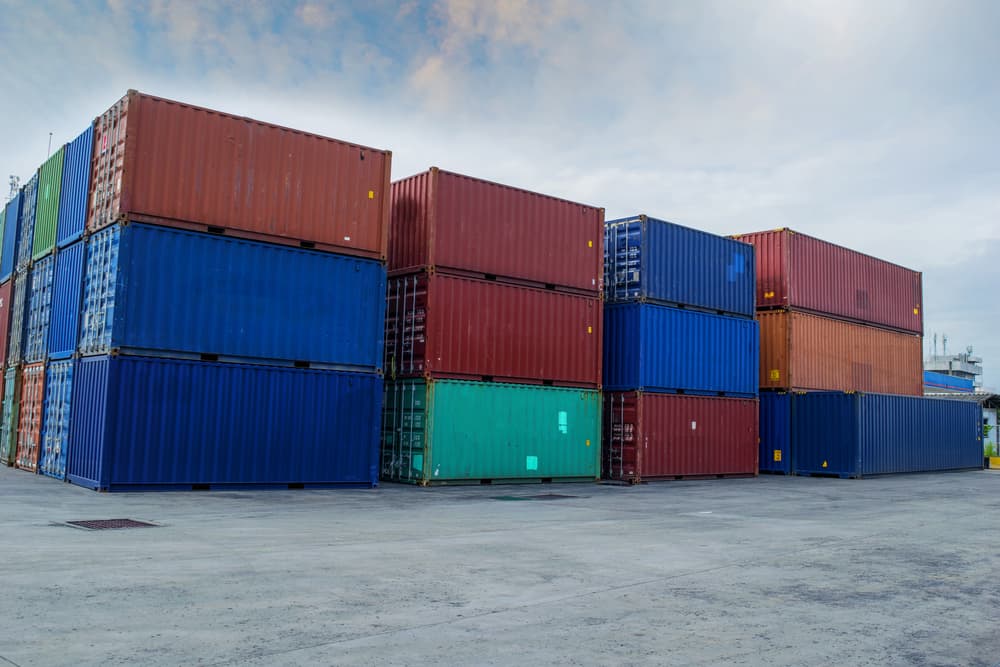Freight forwarders are raising the alarm about the increasing demurrage and detention fees carriers are charging to maximize their profits.
Demurrage refers to a charge that a merchant pays for a container that sits at a terminal without being picked up by a trucker. In the case of demurrage, the terminal incurs extra costs from acting as a storage yard. In detention, however, ocean carriers lose the opportunity to return their containers for other shippers needing to move freight.
According to FIATA (the International Federation of Freight Forwarders Associations), the amount of free-time at terminals and for use of carrier equipment has been decreased, while tariffs imposed after free-time ends have been increased.
Terminals and steamship lines oppose the continued use of detention and demurrage charges as a way to encourage pick up and return of containers to scale up cargo fluidity that has been challenged by discharge of large mega-ships. Additionally, FIATA does not believe that merchants should be subjected to such fees, because delays often occur through no fault of the merchant. Delays are usually out of the control of shippers. Typically, past delays were the result of larger container ship discharges, increased port congestion, bad weather, or delays in sailing.
Currently, it would be less expensive to store a container in midtown Manhattan than at a terminal.
FIATA says that demurrage and detention charges are to accrue to 20 times more than the value of the container itself. The association supported this claim with one example where an FMC witness noted that it would have been less expensive to park their container in midtown Manhattan, the world’s largest business district with one of the highest hourly/daily parking rates in the world.
Additionally, the association reported that the introduction of mega-ships led to increased delays. Many terminal operations were dealing with bigger vessels, bigger peaks, more congestion, and unreliable vessel schedules.
Higher peaks led to a greater amount of congestion and back-up with delivery and pickups. FIATA said that while additional landside infrastructure investment might be required, the easing of peaks through extended free time periods must be considered, too.
Instead of decreasing free-time periods, FIATA suggests that commercial partners negotiate an increase in free-time periods to allow merchants more flexibility in their planning.
- 155shares
- 144Facebook




